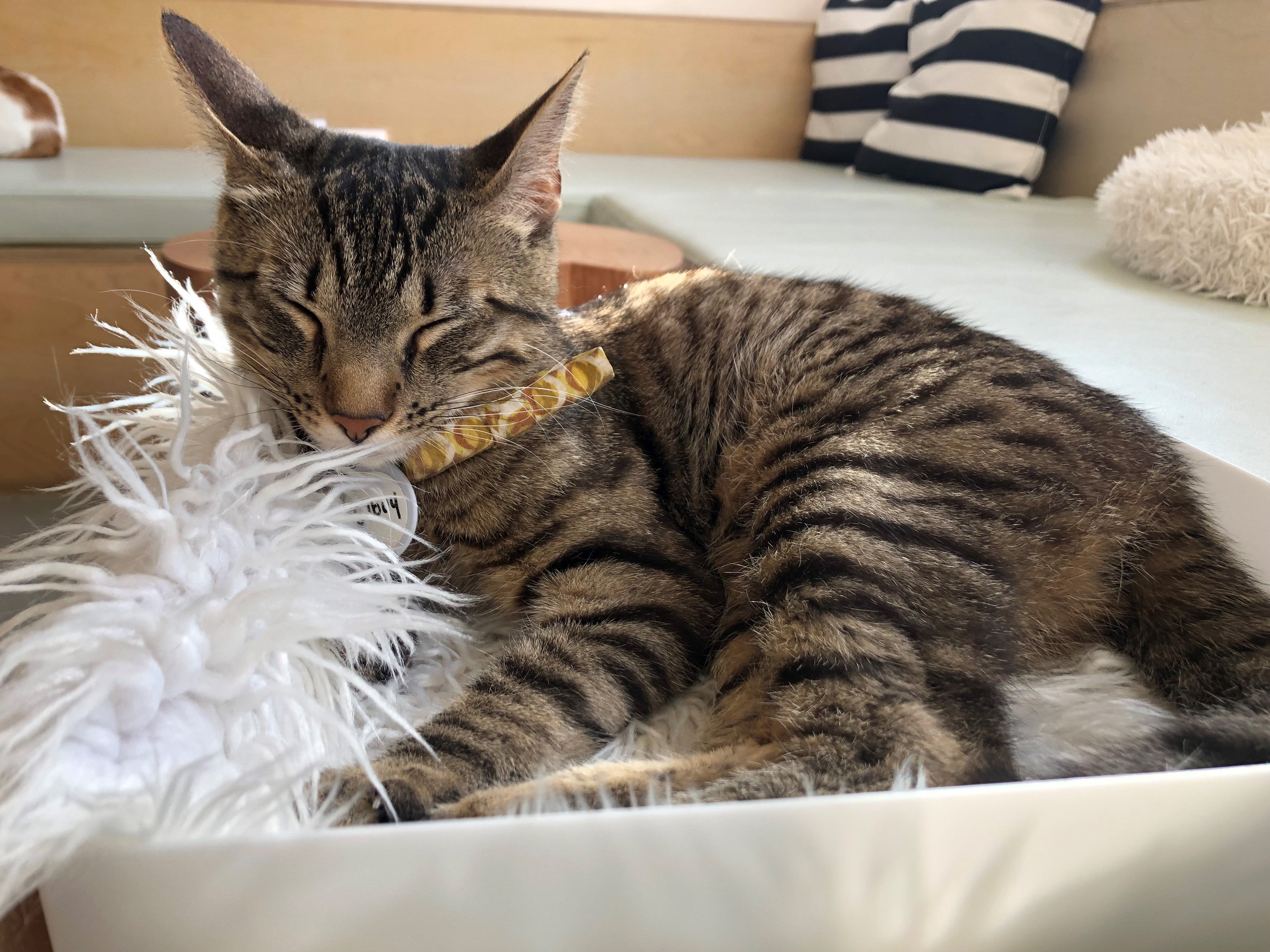
Potentially Dangerous Household Chemicals for Your Pets
Most people commit a certain amount of time and money to clean their houses on a regular basis. This is particularly true of pet owners, especially those that have pets who shed a lot. Unfortunately, many of the household cleaning products are not necessarily safe for our pets, whether cats, dogs, or even our pet birds or small animals. This is why it’s essential for pet owners to pet-proof their homes properly.
Dogs and some cats will eat food and crumbs that fall on the floor. All pets, including birds, breathe the air inside our homes. Plus, most pets clean themselves, lick their paws, etc and can potentially ingest harmful chemicals that way too. Consequently, our pets are at risk of ingesting harmful chemicals that are potentially dangerous to their health regardless of whether they eat something or breathe in fumes.

There are many products and product types that are potentially dangerous to our furry and winged family members and should be eliminated and substituted with natural alternatives if possible. Those that you are not able to stop using should be appropriately stored. You also need to recognize symptoms and signs that your pet has ingested a toxin.
Potentially Dangerous Household Products
Cleaning products and disinfectants contain many harmful chemicals even when indicated as green or natural. Exposure to cleaning products that contain toxic chemicals can result in a range of symptoms in cats, including gastrointestinal, respiratory, and skin irritations with varying degrees of damage from red, flaky skin to an internal hemorrhage.
READ >>> Easy Ways to Cleanup After Your Cats
Highly toxic chemicals are dangerous to your pets and are pretty standard in cleaning products, from oven and fireplace cleaners to wood and glass cleaners. Consider using chemical storage cabinets to keep harmful chemicals stored safely.
Ingredients often include:
● Ammonia
Ammonia may appear in the ingredient list of drain cleaners, floor waxes, oven cleaners, and even window cleaners because it is an excellent sanitation agent. It can cause damage to the eyes and skin if touched, to the lungs if inhaled, and to the digestive tract if ingested.
Causes damage to eyes, lungs, skin, and stomach.
● Cationic surfactants
Found in dryer sheets and fabric softeners, chemicals such as benzalkonium chloride or cetrimonium bromide are extremely poisonous to pets. Even if only through skin contact, your pooch or kitty may cause burns or irritation. Ingestion causes worse with potential damage to the lungs, kidneys, and the nervous system.
Causes damage to the lungs, nervous system, and kidneys. It can cause ulcers and depression.
● Chlorine
This is the principal ingredient contained in bleach and is likewise found in detergents from dishwasher detergents to laundry products and bathroom cleaning products like toilet bowl cleaners and general all-purpose cleaning materials.
● Formaldehyde
This chemical is often employed in cleaners because it is antibacterial. Although considered carcinogenic for humans, it may still be lurking in the ingredient list under names such as formic aldehyde, formalin, methanol, methyl aldehyde, glycol, or oxide.
Considered a carcinogen.
● Glycol Ethers
These chemicals are used against grease and may even be found in supposedly green cleaners. Look for 2-Butoxyethanol, 2-Ethoxyethanol, or 2-Methoxyethanol in the ingredient list, especially for products that are great at eliminating grease.
Linked to cancer, birth defects, and delayed development.
● Phthalates
Included in household cleaning products for fragrance purposes, the most recognizable is BPA.
Linked to weight gain, cancer, developmental delay, cancers, and reproductive problems.
Other types of products often found in homes that are equally toxic to pets include:
● Antifreeze (Ethylene Glycol)
Antifreeze is highly poisonous when ingested, even if in a microscopic quantity. It is sweet-tasting and odorless. If you keep antifreeze in your garage, store it so that it is inaccessible to pets. If you think your pet has ingested even a tiny amount, take your pet to your vet immediately. Antifreeze ingestion can cause kidney failure and be lethal.
● Fertilizer and Herbicides
Fertilizers and herbicides are generally in the form of granules or liquids. Chemical-based products need to be used with caution, and pets should be kept indoors to avoid hazards. Nowadays, there are various organic options available that will not place your pet in harm’s way.
Watch for symptoms such as vomiting, drooling, diarrhea, or seizures.
● Gasoline and kerosene
Gas and kerosene are often kept at homes for cars, motorized power tools and equipment, and even grills. They must be stored so that your pet does not have any contact of any kind, whether through skin contact, ingestion, or inhalation.
Watch for symptoms such as drooling, abdominal pain, lesions, mouth ulcers, and collapse.
● Heavy Metals
Heavy metals such as lead or zinc are poisonous. This means that even a coin swallowed can create a problem.
● Ice Melting Products
Even if you do not personally use this type of product around your home, know that these are used on streets and sidewalks where you may take your dog for a walk. They commonly contain chemicals and compounds such as calcium salts, potassium chloride, magnesium chloride, sodium chloride, and urea. Because some pets like to play in the snow, your pet may get these substances on their paws and then ingest them during licking.
Watch for diarrhea, vomiting, hyperthermia, labored breathing, and irregular heartbeat.
● Paints
Paints used in home improvement projects, whether latex, oil-based, water-based, or unleaded, will have some toxicity for pets. Areas of your home that have been freshly painted should not be accessible to pets and need to be well-ventilated. Paint products need to be stored out of reach. This also includes paint thinners and turpentine.
Watch for symptoms such as nausea, stomach upset, respiratory difficulty, vomiting, and lack of coordination.
● Pest Control products
While pest control products, more often than not, are used in spaces not directly inhibited by family members, such as an attic, a basement, or perhaps in cupboards, a curious pet may investigate if these spaces are accessible in some manner. Pest control products such as mothballs, insecticides, and rodenticides (rat baits) are very dangerous to pets. Even something like slug bait can be very poisonous, so you also need to be careful where you use these products indoor or outdoor.
Watch for symptoms such as fever, diarrhea, vomiting, pale gums, lethargy, seizures, and difficulty breathing.
The Importance of Using Natural Cleaners
Using natural cleaners in your home is a healthier choice for you and your pets. Inhaling toxic fumes can lead to respiratory irritations and infections or long-term conditions such as asthma. Exposure to chemicals also can affect the skin resulting in allergic reactions, eczema, or irritations.
By selecting a natural cleaning product, you can reduce these risks and safety concerns and contribute to the well-being of the environment. Green cleaning products are formulated to be non-toxic and non-corrosive. Chemical products, by contrast, are often highly corrosive.
A natural product formula will avoid dyes, formaldehyde, sulfates, or bleach. More common ingredients in natural cleaning products include vinegar, natural fragrances, plant-based surfactants, and oils, and the amount of each ingredient will usually be specified.
Natural Pet Products
Some of the same considerations are valid for the products specifically designed for pets. This includes toys, pet foods, grooming products and accessories, and even cat litter. Using a natural litter without harmful chemicals or added scents like okocat is better for your cat, your family and your home. Think about your cat digging in the litter box and breathing in any harmful chemicals or licking it from their paws. Learn more





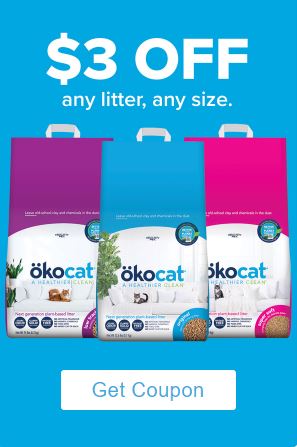
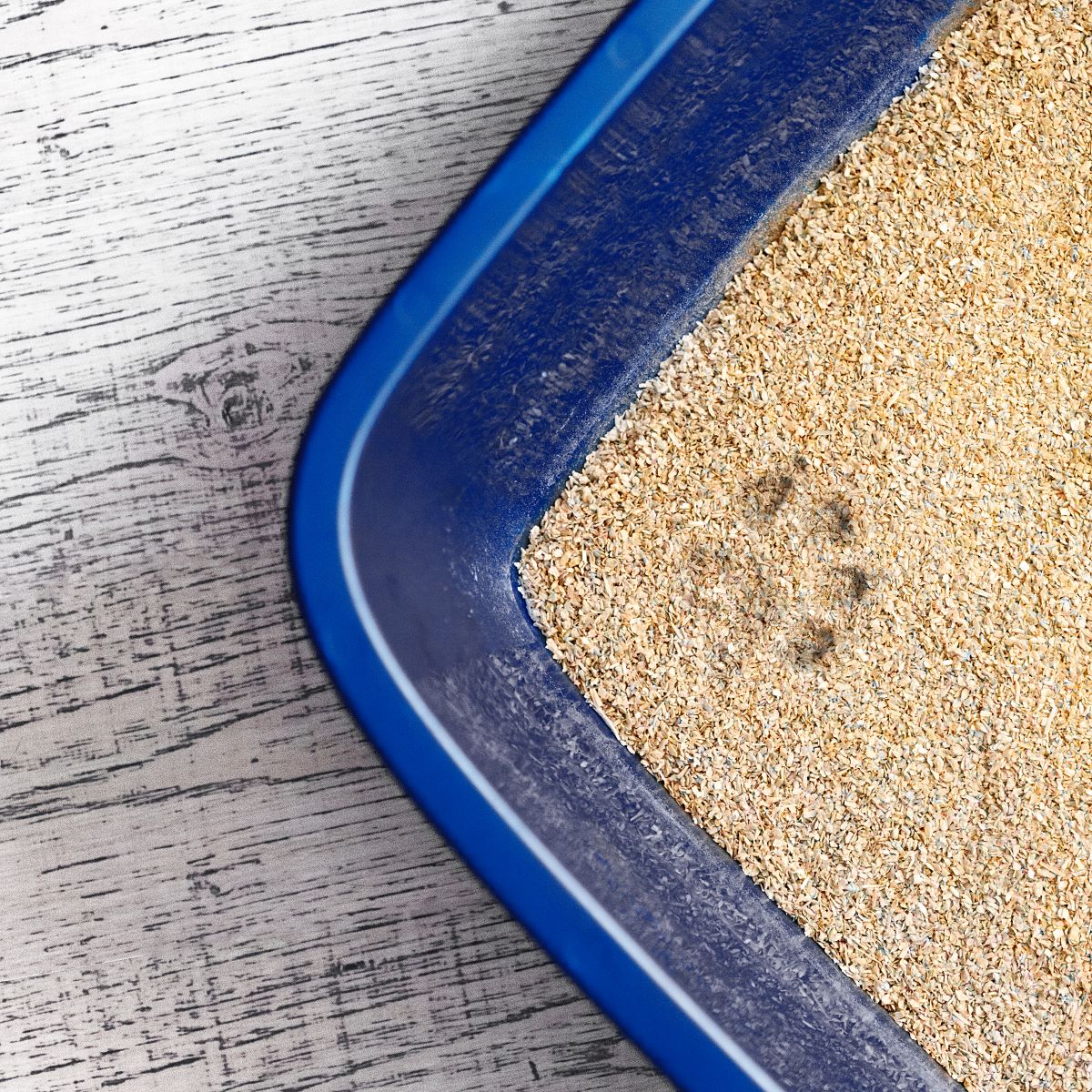
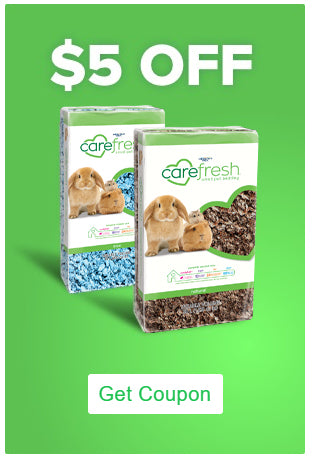
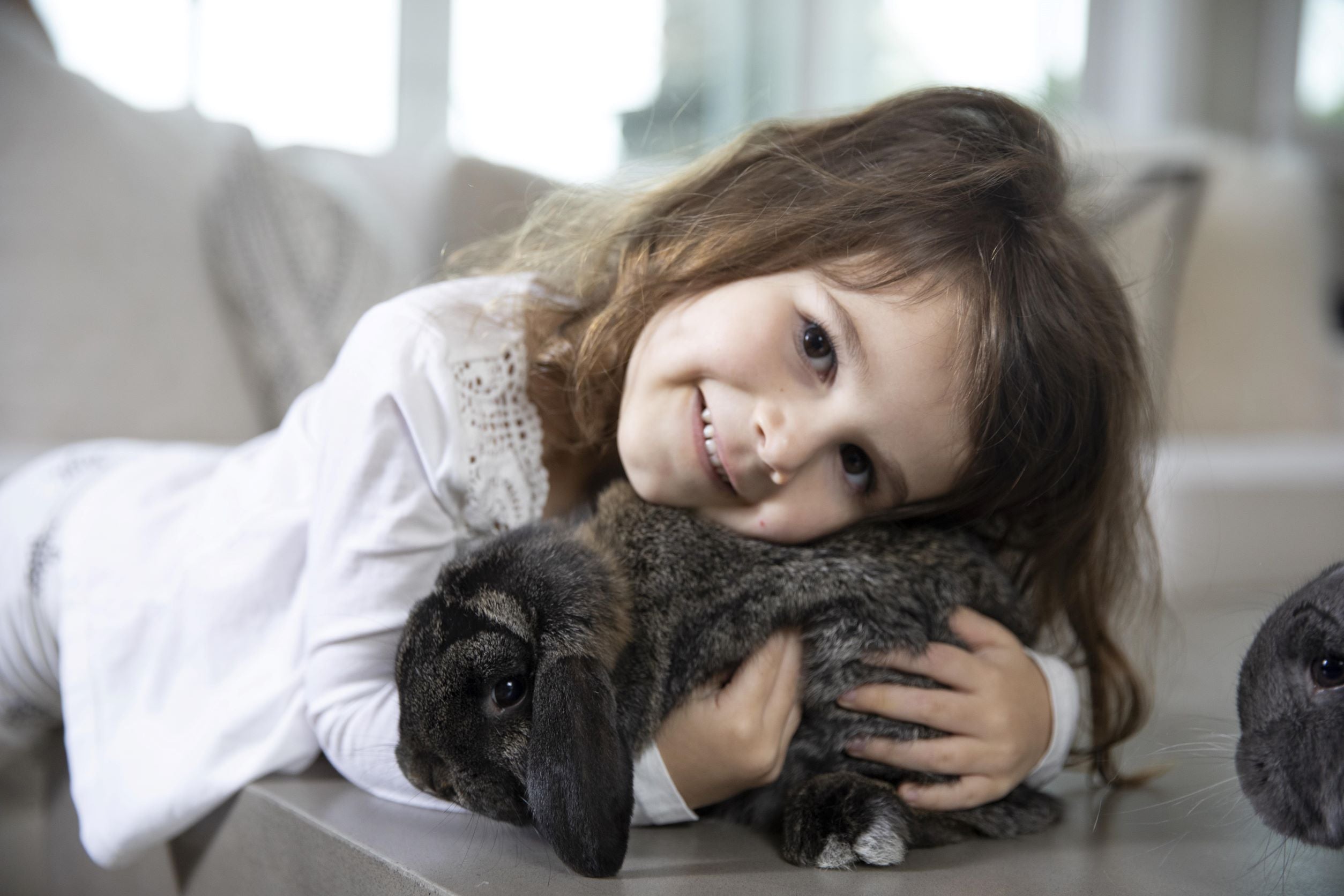
 email us
email us